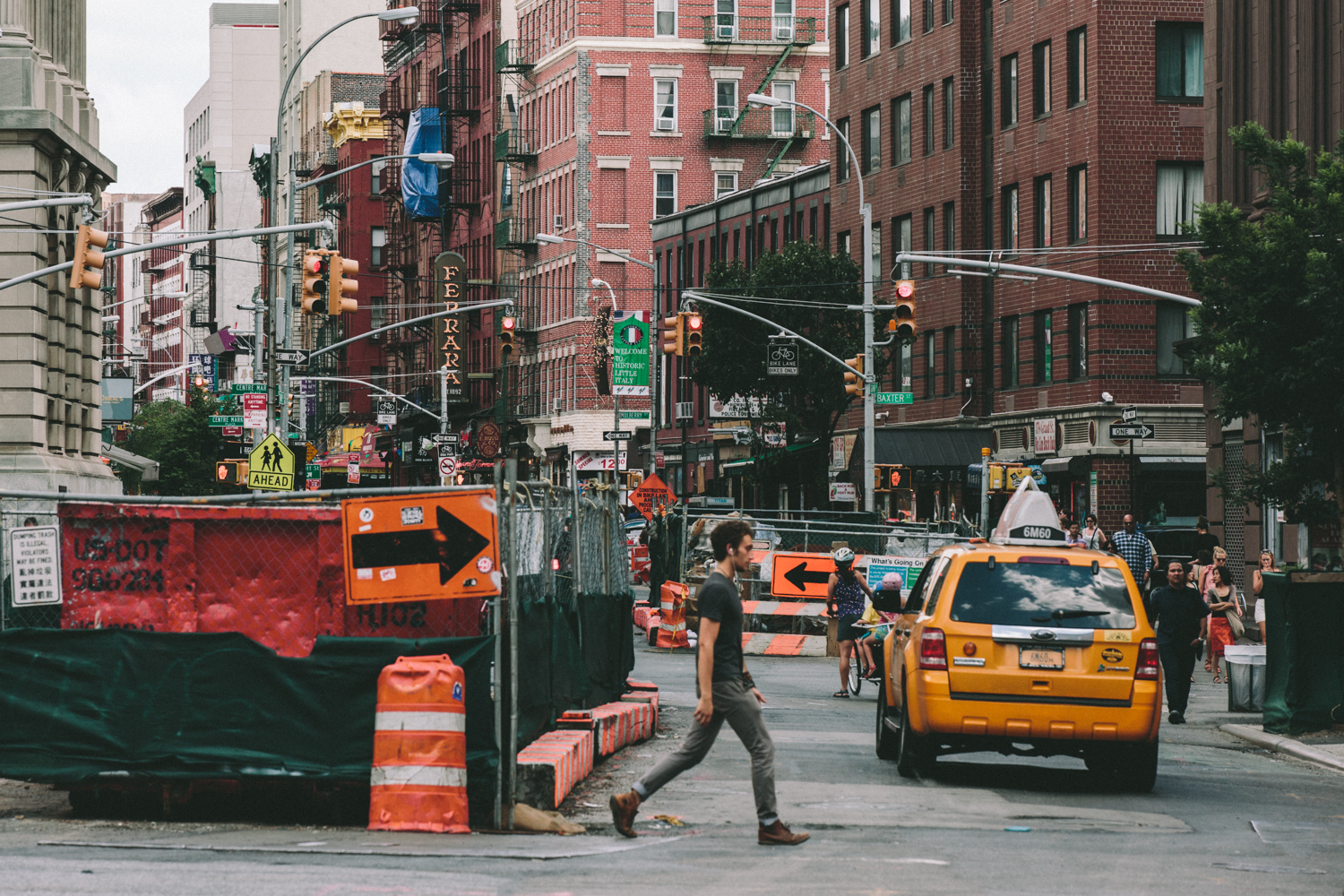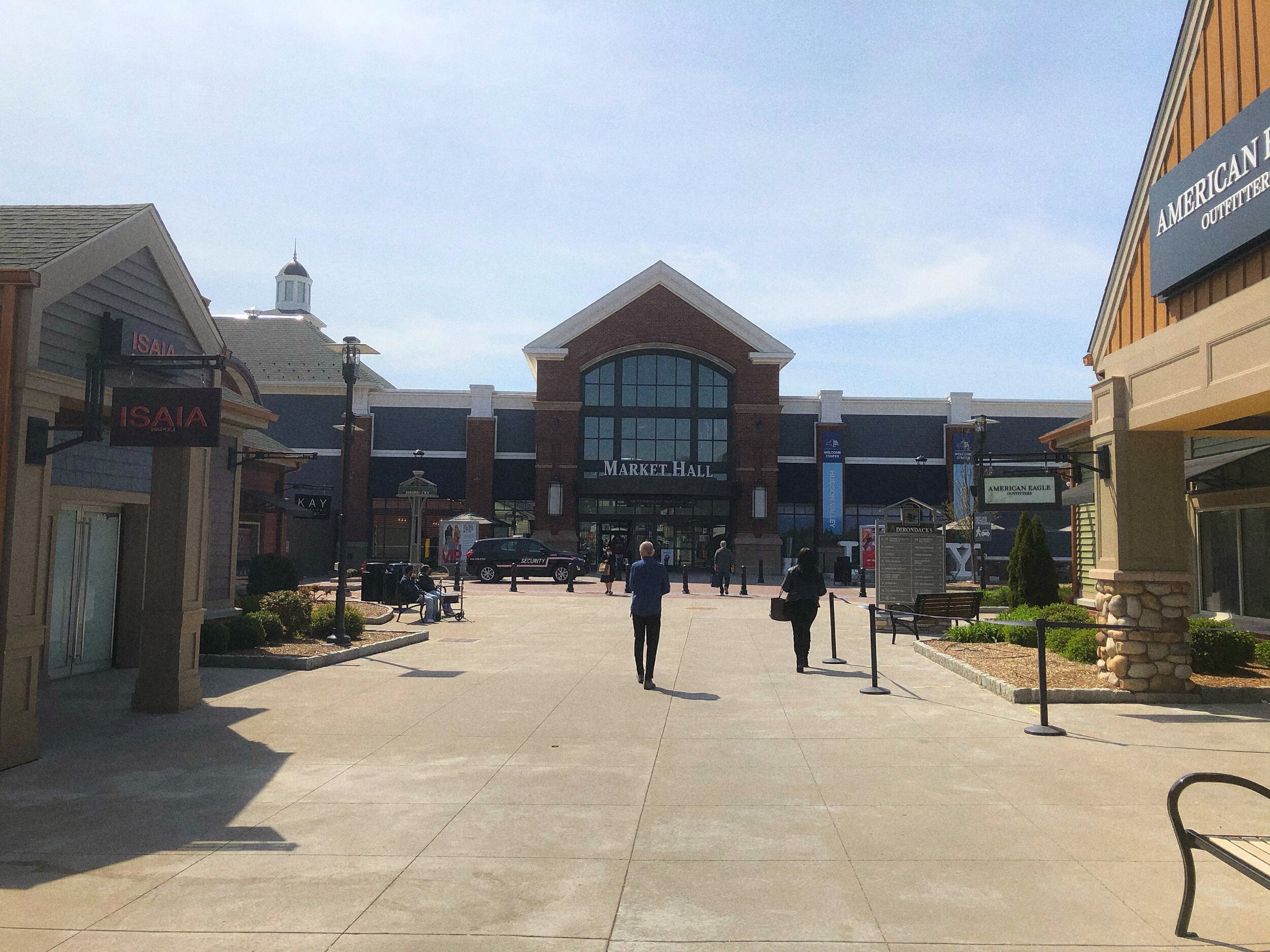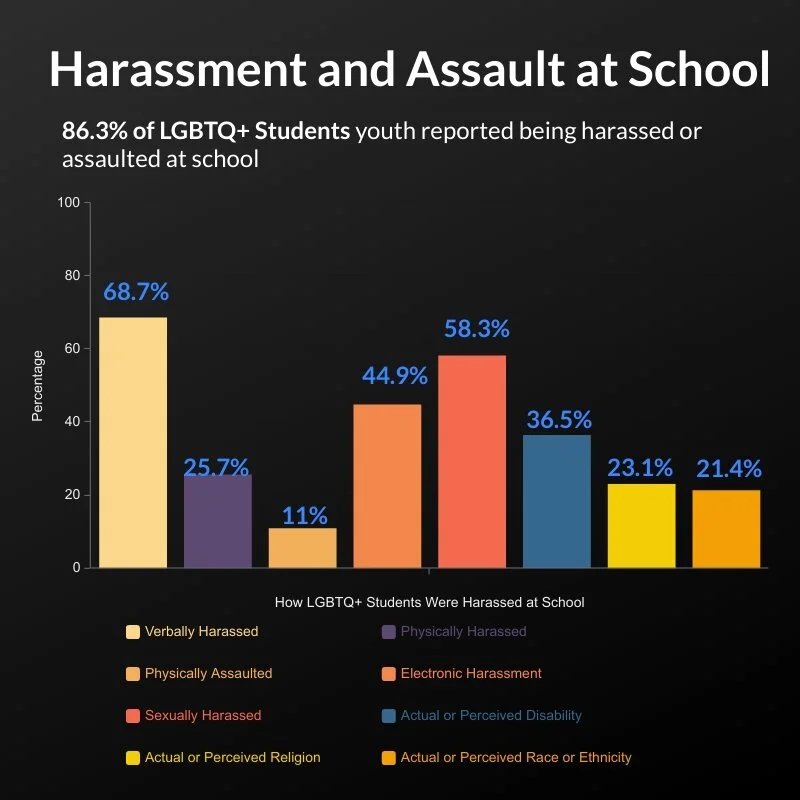Final Feature Story Template
We all know the things you should avoid doing during the pandemic. Here's the things you should avoid saying.
It’s probably safe to assume that you’ve heard the tips that everyone needs to practice to stay physically safe during the COVID-19 pandemic — wash your hands, stay six feet apart from others, self-quarantine if you are feeling ill, wear a mask if you’re going outside. Oh, and wash your hands. But the mental and emotional health of people during this virus is also urgent and a significant thing to keep in mind.
A 2004 study by the National Center for Biotechnology Information (NCBI) chronicled the mental health of 129 people who had been quarantined due to the severe acute respiratory syndrome (SARS) outbreak. About a third of these respondents reported symptoms of depression and posttraumatic stress disorder (PTSD).
The way we discuss the pandemic will undoubtedly impact people’s mental health and in a larger scale way, the way it is discussed defines who we are as a society and our humanity. Needless to say, the language we use defines us, as well as has the potential to either uplift or destroy us. Choose carefully. And note that what follows is as much about what leaders are saying (and shouldn’t say) as well as messages that, conversely, have been circulating that are positively impacting our society.
As the Queen of England said in her address on April 5, “If we remain united and resolute, [then] we will overcome it. I hope in the years to come, everyone will be able to take pride in how they responded to this challenge.”
Avoid Downplaying the Amount of Deaths
You may have taken to reassuring yourself that “only” a small percentage of people who are infected with the virus will face fatal results. A few weeks ago a Columbia University doctor who specializes in cardiology at New York Presbyterian, who prefers to not be identified, deconstructed some of the issues with nonchalantly waving these numbers around: “The issue is people don’t understand statistics. You have a 0.2% chance of dying if you’re under 30. But millions are exposed, of which tens of thousands will get infected; that means hundreds of young people will die.”
Young to middle-aged people are also getting the coronavirus, despite the common idea that non-elderly folks are immune. In fact, patients between the ages of 20-54 compose 40% of hospitalizations, according to a New York Times article.
As of April 5, the United States has already lost over 8,000 people to COVID-19 and is predicted to lose up to 240,000 more precious lives even with shutdowns and shelter-in orders in place, according to an article by Business Insider.
Needless to say, the fatality rate of the virus is certainly nothing to downplay.
Stick to calling it “COVID-19” or “the coronavirus”
For some time, President Donald Trump as well as some of his staff members and colleagues referred to COVID-19 as “the China virus” and the “Wuhan virus.” These blatantly xenophobic and racist titles come with major consequences for Asian communities.
In fact, a couple of weeks ago an FBI intelligence report predicted a surge in hate crimes towards Asians as the pandemic worsens.
The report also included the story of the murder of three Asian-American family members in Texas. The murderer allegedly believed that the people were Chinese and spreading the coronavirus. Among those killed were six-year-old and two-year-old children.
Boro Park Jewish Community Council CEO Avi Greenstein who governs the region of Brooklyn is quoted in an article by The Jerusalem Post that the Orthodox Jewish community in Brooklyn has also been experiencing some unwarranted anger and blame.
“The vast, vast majority of our community are abiding by guidelines,” Greenstein says. “But since we dress uniformly in a certain way, sometimes different things stand out, as opposed to when you would see thousands of people celebrating in concerts or bars and parks that are full.”
The easiest way you can be an ally to the Asian community right now? Just call it COVID-19. Don’t verbally abuse Asian people. Show proper respect. Don’t be racist. It’s obvious.
Remember that high productivity levels can’t be expected
Wait. You haven’t spent your quarantine becoming the next top chef, writing the next King Lear or becoming a musical genius? Guess what? Most of the world aren’t. That’s okay, even despite what others may be telling you or what you may have been telling yourself.
Finding time to just be okay might look like taking time to practice new breathing exercises to cope with newly arising panic attacks or intentionally setting time to watch a movie and distract yourself from the stress that might accompany you when thinking about the state of the world. This time spent focusing on your mental and psychological well being is of paramount importance to coping with this quarantine and deserves due respect.
Chris Bailey, a productivity consultant and the author of Hyperfocus: How to Manage Your Attention in a World of Distraction, is quoted in a New York Times article saying, “It’s tough enough to be productive in the best of times let alone when we’re in a global crisis. We have much less attention because we’re living through so much.” It’s difficult to make productivity a primary focus when you simultaneously need to focus on getting through a global crisis.
In other words, the standard of maintaining or increasing productivity during quarantine is unrealistic. Expecting it is immoral. Try to avoid filling the minds of others with the idea that they should accomplish an overload of things while indoors. Instead, try to ask your loved ones what they have accomplished to feel emotionally strong. Ask how they’re feeling and offer ideas like those mentioned above.
In an essay in The Outline, called “There’s No Such Thing As Productivity During A Pandemic” Drew Millard writes, “It’s not that none of this [work and productivity levels] matters; it’s that what matters right now is staying sane and safe.”
Show Love to Healthcare Workers
If there’s one group of people we can deem to be our heroes right now, it’s our healthcare workers. These brave professionals are caring for our sick population -- our neighbors, friends, community members and family -- in quantities that are unheard of since the Spanish Flu in 1918. Further, the nationwide shortage of proper protective equipment nationwide means many times they’re risking their own health to care for others. Their requests from average citizens seem clear: show empathy and stay home.
Sydni Lane, a registered nurse in Iowa, took to Instagram to describe the breaking point she had faced that day of “exhaustion and defeat” and her response to countless people then saying, “Isn’t this what you signed up for?”
She responds, “Just no. I signed up to take care of sick patients, yes. I did not sign up to be unprotected by their sickness. I did not sign up to be yelled at by angry patients because our government failed to be prepared. I did not sign up to risk mine and my family’s health and safety because people wanted to go on their vacations after they were told not to.”
Nobody signed up to handle a worldwide pandemic. But for those who do, we must express profuse gratitude, as many New Yorkers are doing each night. Another request from healthcare workers? Do what it takes to flatten the curve. By staying indoors and social distancing as much as humanly possible, people can help ensure that COVID-19 doesn’t spread any faster than it already is.
Or, as Lane writes in another post, “Dear America, I stay at work for you. Please stay the f*ck home for me. Love, Syd, your ER nurse.”













